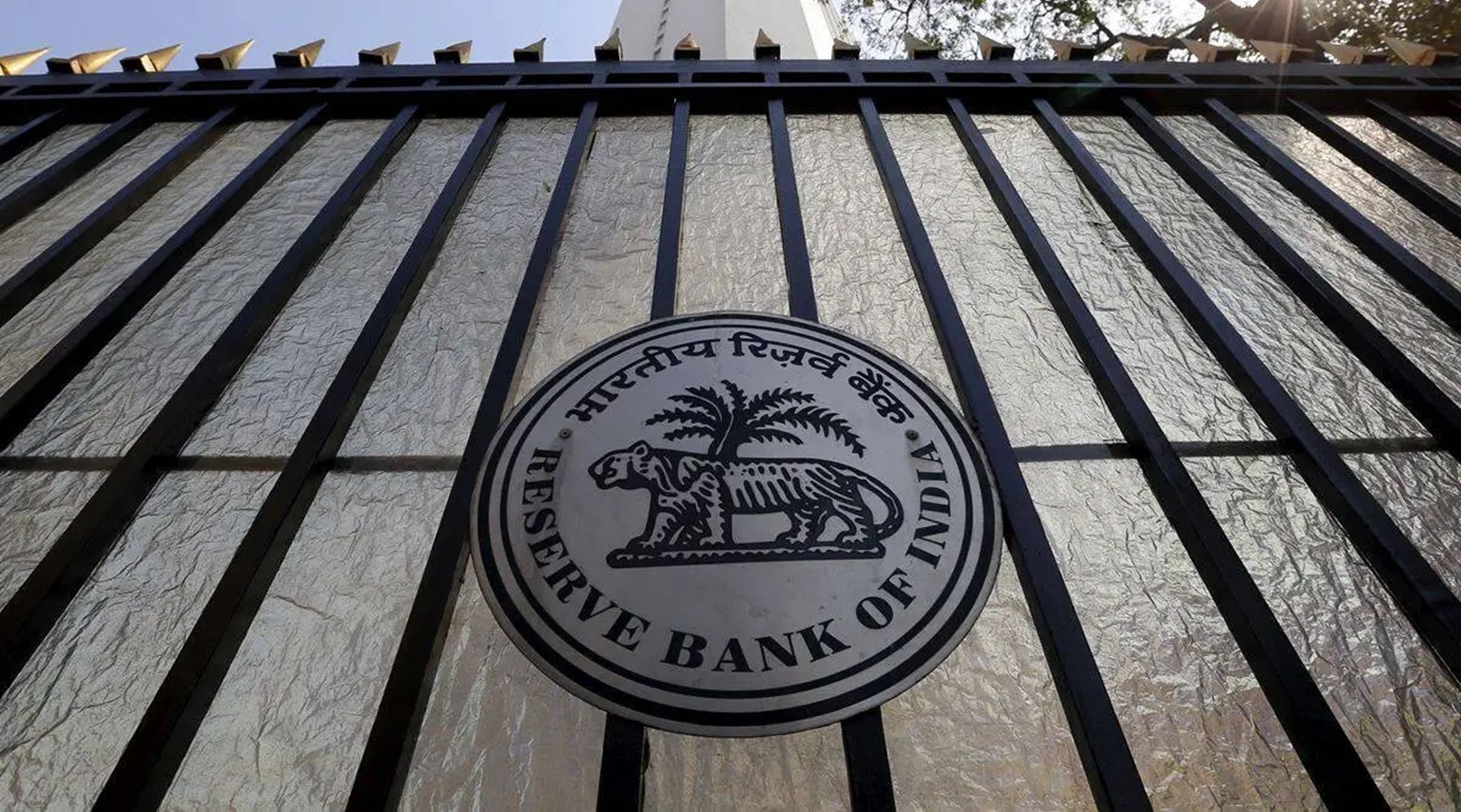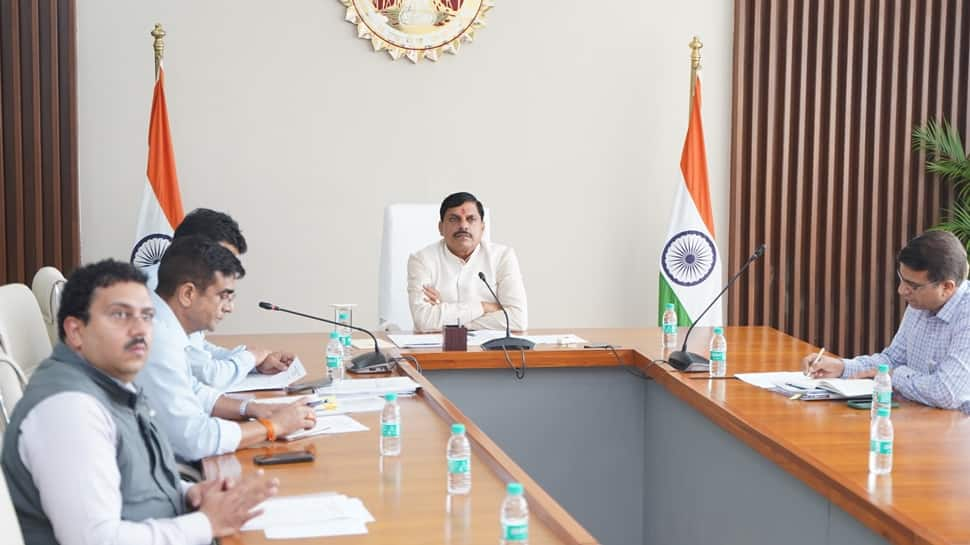Economic Survey joins chorus around the risky derivatives segment | News on Markets

Economic Survey joins chorus around the risky derivatives segment | News on Markets
The Economic Survey released on Monday echoed other regulators’ concern over the rising retail interest in the riskier derivatives segment, where average daily turnover is more than Rs 400 trillion (notional turnover for options) regularly compared to about Rs 1.2 trillion in the cash segment.
The survey cautioned on the expensive valuations and termed the market’s claim on the real economy “excessively high”. It described derivatives as speculative instruments and likened trading in it to gambling.
“Derivatives trading holds the potential for outsized gains. Thus, it caters to humans’ gambling instincts and can augment income if profitable. These considerations are likely driving active retail participation in derivatives trading. However, globally, derivatives trading loses money for the investors, for the most part,” the survey said, calling for more awareness and education.
Reserve Bank of India Governor Shaktikanta Das and Securities and Exchange Board of India (Sebi) chairperson Madhabi Puri Buch have expressed similar concerns in the past.
The markets have been largely trending upwards after the coronavirus pandemic in 2020. They have attracted many new investors and helped them generate wealth.
However, “a significant stock correction” can result in considerable losses for derivatives investors and make them feel “cheated” and prevent their re-entry into the capital markets for a long time, the survey cautioned. “That is a loss to them and the economy,” it said.
Last month, the Sebi chief raised concern over people borrowing heavily to trade in the derivatives segment. She underscored that a large amount of India’s household savings were flowing into trading which is an unproductive activity and not leading to any economic or productive gains.
Das too had raised concerns over derivatives trading volumes exceeding the nominal GDP of the country.
The economic survey said market practices that take their cues from the thinly disguised leveraged bets masquerading as financial innovations have no place in a developing country with a low per-capita income.
“The introduction of derivative products such as single stock futures are all things that for a country of this per capita income size obviously is a very good financial innovation but probably a little bit too early,” said Chief Economic Adviser V Anantha Nageswaran while addressing the media.
The survey also noted that such ‘financialisation’ of economies had not ended well even for advanced economies.
An expert group constituted by Sebi is currently considering measures to address the concerns around excessive trading in the derivatives segment and protecting retail investors. The regulator, however, has to walk the tightrope on derivatives as it has emerged as a big avenue for tax collection.
The number of unique tax identities registered for trading on the National Stock Exchange (NSE) has more than tripled since the pandemic from 27 million in FY19 to 92 million in FY24.
A corresponding trend has been seen in the Income Tax data which shows an increase in the capital gains declared from Rs 0.9 trillion in AY18-19 to Rs 3 trillion in AY23-24.
The total number of demat accounts has also risen to 150 million as of March 2024.
The double-digit annualised returns for the benchmark indices in the last five years have led to an increase in India’s market capitalisation to GDP ratio to 124 per cent in FY24 as compared to 77 per cent in FY19. While this is still below the 2007 peak, it remains much higher than the other emerging market economies such as China and Brazil which stand at 61 per cent and 44 per cent, respectively.
“The market capitalisation to GDP ratio is not necessarily a sign of economic advancement or sophistication…Financial assets are claims on real goods and services. If equity market claims on the real economy are excessively high, it is a harbinger of market instability rather than market resilience,” pointed out the survey.
The survey also acknowledged the role of primary markets in aiding capital formation. It highlighted the rising ownership of individual investors in the equity markets both via direct investing and also through the mutual fund (MF) route which, Nageswaran said, was a healthy sign and a buffer for the domestic markets.
The survey points out that this growth in the MFs and stock market is due to the digital infrastructure, measures for financial inclusion, low-cost brokerages, and the pursuit of generating income from other sources.
In the last year, the total number of folios in MF has increased from 146 million to 178 million at the end of FY24. The rising investor count is owing to the success of systematic investment plans (SIPs) which now account for 35 per cent of the total assets under management of the equity-oriented schemes. The survey stressed the need to nurture and sustain long-term investing.
First Published: Jul 22 2024 | 9:21 PM IST




